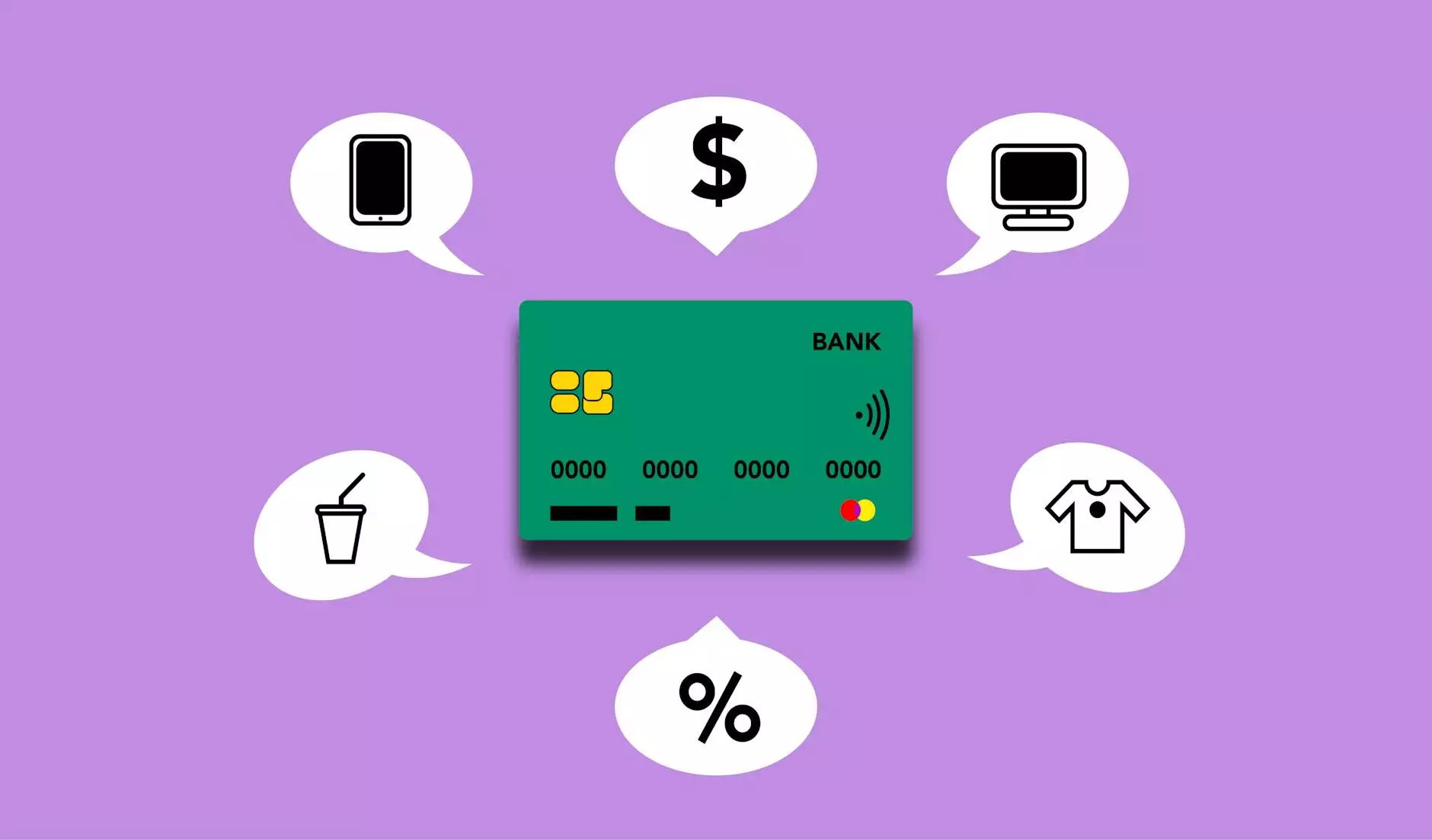How Hackers Get Passwords and What You Can Do to Protect Yourself
Technology
Introduction
Welcome to SEO Pros Dallas, your trusted source for valuable insights on digital marketing, including tips and tricks to improve online security. In this article, we will discuss how hackers gain access to passwords and provide you with essential strategies to protect yourself from such threats.
The Importance of Passwords
In the digital age, passwords serve as the primary line of defense for securing our online accounts, protecting our sensitive information from hackers and cybercriminals. Unfortunately, hackers continuously develop new techniques to crack passwords and gain unauthorized access to personal and confidential data.
As a business or individual, it is crucial to understand the methods employed by hackers and take proactive steps to fortify your password security.
Common Password Hacking Techniques
1. Brute Force Attacks
Brute force attacks involve an automated process where hackers systematically attempt various combinations of characters until they find the correct password. These attacks can be time-consuming, but they can eventually crack weak passwords that lack complexity and length.
2. Dictionary Attacks
Dictionary attacks leverage a list of common passwords and known words to uncover the password. Hackers use sophisticated tools that systematically test multiple words until they find a match. This technique is especially effective against users who utilize easily guessable passwords, such as "password123" or "123456789".
3. Social Engineering
Social engineering refers to the art of manipulating individuals to divulge sensitive information or exploit their trust. Hackers may employ techniques like phishing emails, phone calls, or impersonating trusted individuals or organizations to trick users into revealing their passwords or other confidential details.
4. Keylogging
Keyloggers are malicious programs that record every keystroke made on a compromised device. By capturing passwords as users type them, hackers gain access to sensitive information without the victim's knowledge. Keyloggers can be hidden within malware, infected websites, or even physical devices.
5. Password Guessing
Password guessing involves hackers making educated guesses based on personal information or common patterns associated with the user. This technique exploits the tendency of individuals to choose passwords related to their personal lives, such as birth dates, pet names, or favorite sports teams.
Protecting Yourself from Password Hacks
1. Create Strong and Unique Passwords
The first line of defense against password hacking is to create strong and unique passwords for each of your accounts. Aim for a combination of uppercase and lowercase letters, numbers, and special characters. Avoid using easily guessable information, such as your name or date of birth.
2. Use a Password Manager
Password managers are invaluable tools that generate and store complex passwords securely. With a password manager, you only need to remember one strong master password while the tool takes care of the rest. Password managers also offer features like automatic password updates and synchronization across devices.
3. Enable Two-Factor Authentication (2FA)
Two-factor authentication adds an extra layer of security by requiring users to provide an additional verification step, such as a unique code sent to their mobile device, along with their password. This reduces the likelihood of unauthorized access even if the password is compromised.
4. Regularly Update Your Passwords
It is essential to change your passwords frequently, particularly for critical accounts. Regular password updates make it harder for hackers to gain access even if they manage to obtain an older password through various means.
5. Stay Informed and Vigilant
Keeping up with the latest security practices and staying informed about emerging threats is crucial. Be cautious when sharing personal information online, beware of phishing attempts, and regularly review your accounts for any suspicious activity.
Conclusion
In an increasingly connected world, safeguarding your online accounts against password hacks is of utmost importance. By understanding the techniques employed by hackers and implementing the recommended strategies, you can significantly enhance your password security. Remember to create strong passwords, utilize password managers, enable two-factor authentication when available, and stay vigilant. Protecting yourself from password hacks requires a proactive approach, and being well-informed is the first step towards a more secure digital presence.




